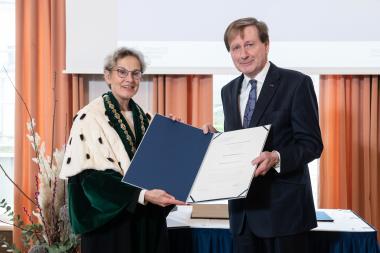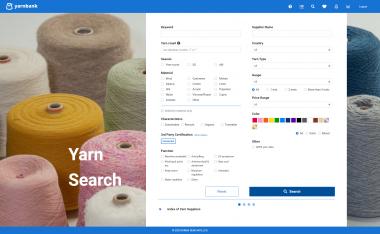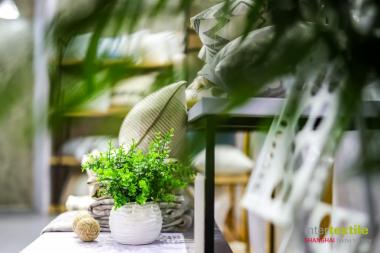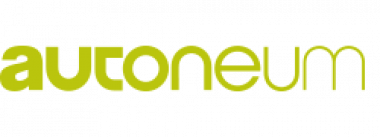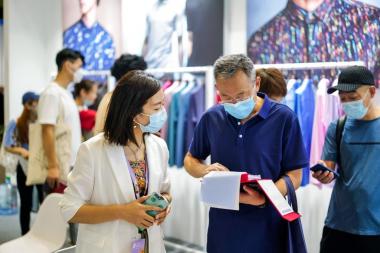TU Dresden awards Honorary Doctorate to Professor Paul Kiekens
In recognition of his extraordinary engineering achievements in the fields of textile mechanical engineering, textile technology as well as textile chemistry and surface modification of textile semi-finished products, Prof. Paul Kiekens was awarded the title of Doctor honoris causa (Dr.-Ing. h.c.) on April 5, 2023.
Prof. Kiekens was a university professor at Ghent University, Belgium, for almost 35 years and thus responsible for textile-oriented education and research. Intensive interaction with European business and science was always particularly important to him.
Immediately after the fall of the Berlin Wall, he opened the way for international cooperation in teaching and research in the field of textile mechanical engineering, textile technologies, and textile chemistry for the only Eastern European university research institution with a textile orientation, the ITM (formerly ITB) at the Faculty of Mechanical Engineering of TU Dresden, and provided great and uncomplicated support. A close, lasting and intensive relationship developed, which had a trend-setting influence on the scientific career of Professor Paul Kiekens. This was reflected above all in the expert advice given for major projects.
These include, for example, the funded junior research group "Holistic approach to the development and modelling of a new generation of multiaxial fabrics for fibre composites to strengthen Saxon, French and Flemish industry in the high-performance sector" (SAXOMAX) and jointly acquiring the EU project "Large scale manufacturing technology for high performance lightweight 3D multifunctional composites" (3D-LightTrans). Especially in these large-scale projects, intensive cooperation with industrial partners was essential for success.
As early as the 1990s, Professor Paul Kiekens had the vision of creating a European network for universities in textile teaching and research. In 1994, the Association of Universities for Textiles (AUTEX) was founded with the aim of establishing teaching and research in the field of textile technology at an internationally respected level through joint concepts. Due to the prevailing cooperation at that time between Professor Dr. Paul Kiekens and Professor Dr. Peter Offermann, the TU Dresden, represented by the ITM (formerly ITB), has been a full member and decisively integrated in the network since its foundation on July 1, 1994. Thus Prof. Dr.-Ing. habil. Paul Kiekens has significantly promoted the international cooperation of the TU Dresden, Faculty of Mechanical Engineering with international university textile research institutions.
Professor Paul Kiekens was executive coordinator of AUTEX until his retirement. The internationally renowned symposium takes place annually as a part of AUTEX.
Technische Universität Dresden - Institute of Textile Machinery and High Performance Material Technology


